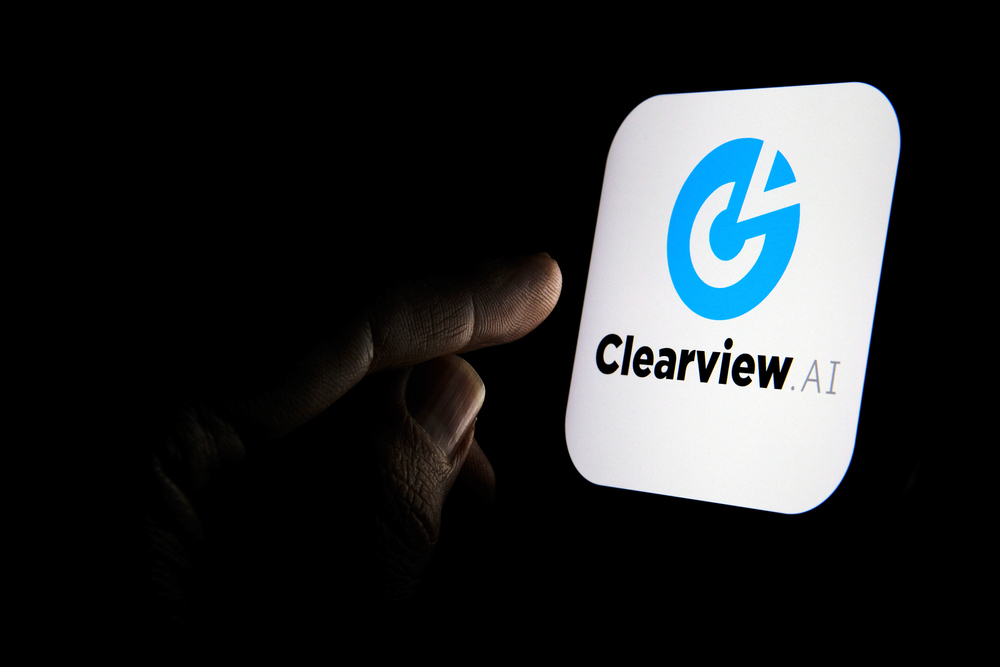Businesses warned of soaring cost of employee subject access requests
Report shows quarter of requests involve workers trying to find out what their company holds on them


Just under half of UK organisations have seen a rise in the costs associated with complying with subject access requests (SARs) coming from their own employees.
Research published to coincide with the one year anniversary of the General Data Protection Regulation (GDPR) showed that 71% of organisations have seen a rise in their own employees making official requests for personal information held. Two-thirds of them, (67%), meanwhile, have increased their level of expenditure in attempting to fulfil them.
Since GDPR was introduced on 25 May 2018, the legal time allowed to fulfil SARs was cut from 40 days under the Data Protection Act 1998 to 30 days. This has led businesses to take a variety of measures to cope with the greater workload, which has increased as a result of growing interest from data subjects to find out what information a company has on them, according to research by law firm Squire Patton Boggs.
General Data Protection Regulation (GDPR) Facebook is subject to 10 major GDPR investigations Citrix Synergy 2019: One year on GDPR is shaping the role of privacy in brand survival
The majority of organisations (83%) have implemented new guidelines and procedures, while 27% have hired staff specifically to deal with the higher volume of SARs. Moreover, a fifth of firms surveyed (20%) have even adopted new software to cope.
"The demands placed on organisations are considerable - just the initial process of identifying all the data held in respect of an individual can take weeks out of the one-month period for responding," the report said.
"Each request requires correspondence with the individual, arranging the data platform, IT searches of data held, review of potentially thousands of documents at least twice, redaction or exclusion of information that is privileged, relates to third parties or falls under another exemption set out in the GDPR, and returning to the individual along with a cover letter.
"For the most part, this whole process must take place within one month of receipt."
Get the ITPro daily newsletter
Sign up today and you will receive a free copy of our Future Focus 2025 report - the leading guidance on AI, cybersecurity and other IT challenges as per 700+ senior executives
Just under a quarter of all businesses responding (24%) have seen their own employees making SARs seemingly just to find out what the organisation has on record about them. In most cases, however, organisations have experienced SARs from employees because they were connected to workplace grievances.
The report concluded that given the absence of guidance from the Information Commissioner's Office (ICO) on employee SARs, it is difficult to see the issue disappearing. This is mostly because workers can see the mechanism "as a strategic tool to use where there is a workplace dispute".
Specifically, it may incentivise employers to settle workplace matters more quickly, given the cost implications of SARs. Individuals may also benefit from information that would not otherwise be available to them for several months, the law firm argued.
The ICO has itself also seen a rise in the number of complaints made over SARs not being fulfilled within the statutory 30-day limit since GDPR has come into force.
One high-profile example of this centres on Twitter's failure to comply with an academic's SAR because it was deemed to take 'disproportionate effort'
In November last year, the ICO also received complaints about seven companies including Oracle and Equifax on behalf of Privacy International based on 50 unfulfilled SARs.
Squire Patton Boggs has recommended that all businesses implement clear policies and procedures to allow them to process SARs in accordance with GDPR, and avoid the subsequent attention of the ICO.

Keumars Afifi-Sabet is a writer and editor that specialises in public sector, cyber security, and cloud computing. He first joined ITPro as a staff writer in April 2018 and eventually became its Features Editor. Although a regular contributor to other tech sites in the past, these days you will find Keumars on LiveScience, where he runs its Technology section.
-
 Global cybersecurity spending is set to rise 12% in 2025 – here are the industries ramping up investment
Global cybersecurity spending is set to rise 12% in 2025 – here are the industries ramping up investmentNews Global cybersecurity spending is expected to surge this year, fueled by escalating state-sponsored threats and the rise of generative AI, according to new analysis from IDC.
By Ross Kelly Published
-
 Google Cloud is leaning on all its strengths to support enterprise AI
Google Cloud is leaning on all its strengths to support enterprise AIAnalysis Google Cloud made a big statement at its annual conference last week, staking its claim as the go-to provider for enterprise AI adoption.
By Rory Bathgate Published
-
 ICO admits it's too slow dealing with complaints – so it's eying up automation to cut staff workloads
ICO admits it's too slow dealing with complaints – so it's eying up automation to cut staff workloadsNews The UK's data protection authority has apologized for being slow to respond to data protection complaints, saying it's been overwhelmed by increased workloads.
By Emma Woollacott Published
-
 “Limited resources” scupper ICO probe into EasyJet breach
“Limited resources” scupper ICO probe into EasyJet breachNews The decision to drop the probe has been described as “deeply concerning” by security practitioners
By Ross Kelly Published
-
 Surge in workplace monitoring prompts new ICO guidelines on employee privacy
Surge in workplace monitoring prompts new ICO guidelines on employee privacyNews Detailed guidance on how to implement workplace monitoring could prevent data protection blunders
By Ross Kelly Published
-
 TikTok could be hit with £27m fine for failing to protect children's privacy
TikTok could be hit with £27m fine for failing to protect children's privacyNews Social media firm issued with a notice from the ICO for potential violations of UK data protection laws
By Bobby Hellard Published
-
 What is AdTech and why is it at the heart of a regulation storm?
What is AdTech and why is it at the heart of a regulation storm?In-depth The UK data regulator has come under heavy fire for consistently delaying much-needed action, privacy groups say
By Carly Page Published
-
 ICO crackdown on AI recruitment part of three-year vision to save businesses £100 million
ICO crackdown on AI recruitment part of three-year vision to save businesses £100 millionNews ICO25 outlines a fresh approach that involves releasing learning materials, advice, and a new ICO-moderated discussion forum for businesses
By Connor Jones Published
-
 Clearview AI fined £7.5m over improper use of UK data
Clearview AI fined £7.5m over improper use of UK dataNews Australian facial recognition firm collected 20 billion images from the internet without consent in order to build its database
By Bobby Hellard Published
-
 UK data watchdog cut IT spending by £1.2 million during pandemic
UK data watchdog cut IT spending by £1.2 million during pandemicNews The ICO’s IT budget has been slashed by around 23% since 2019
By Sabina Weston Published